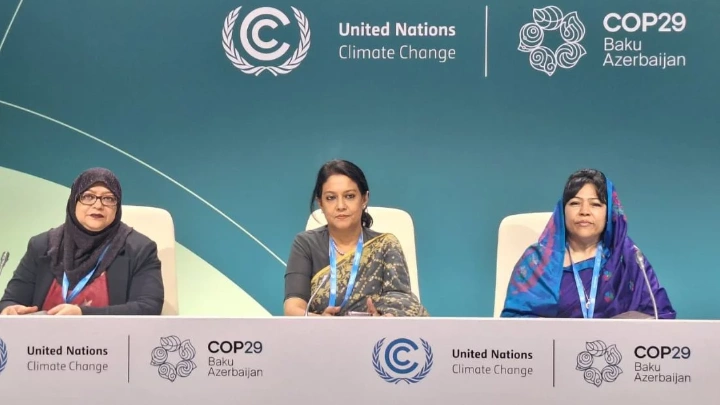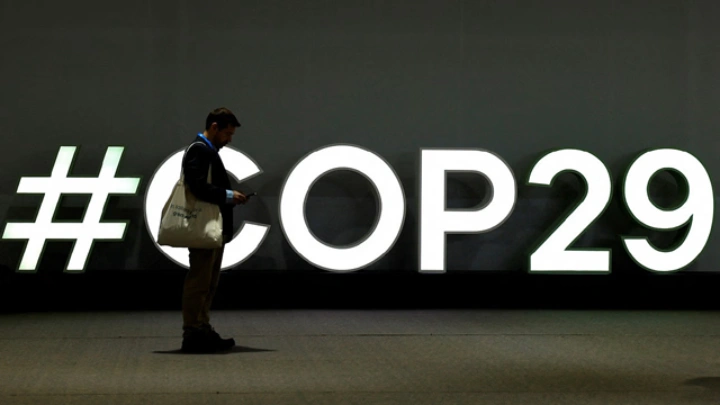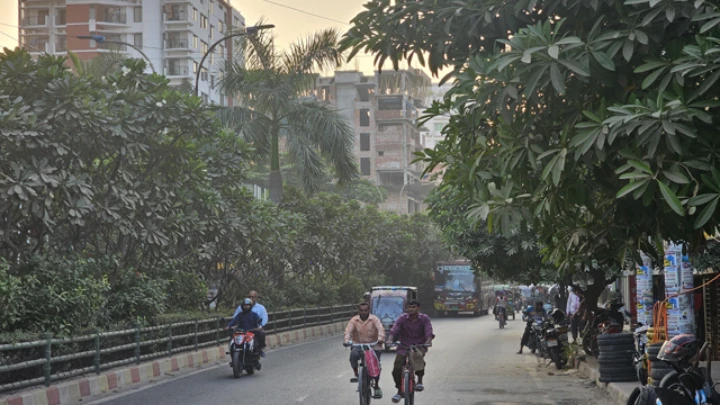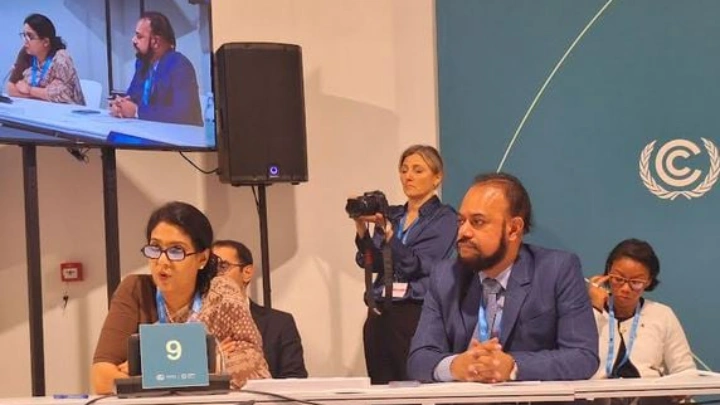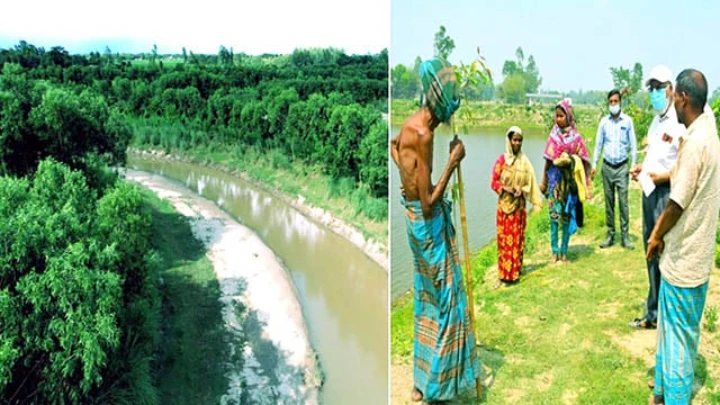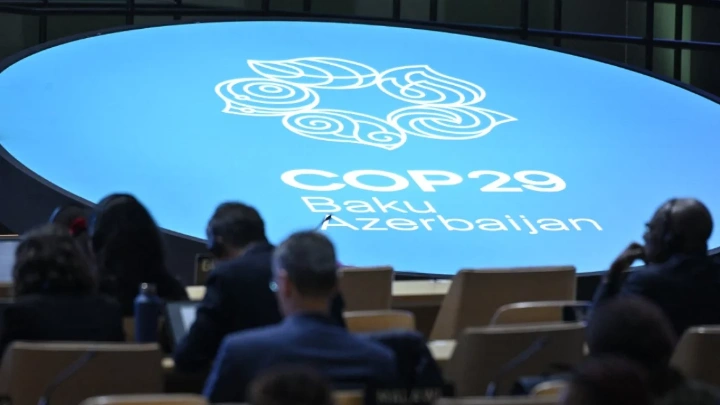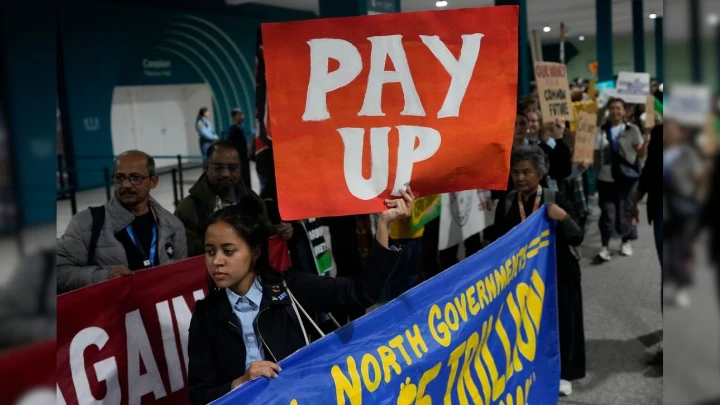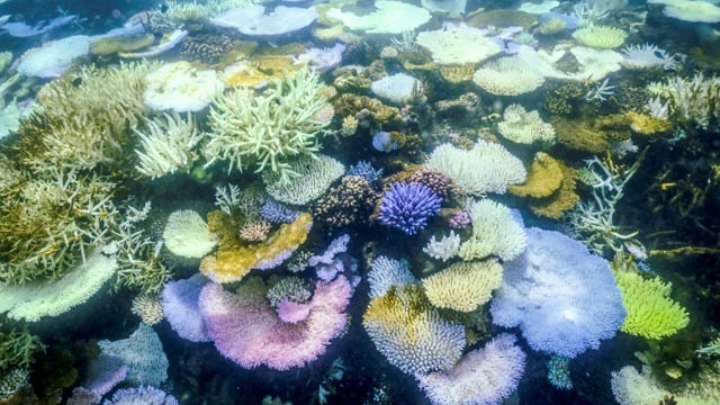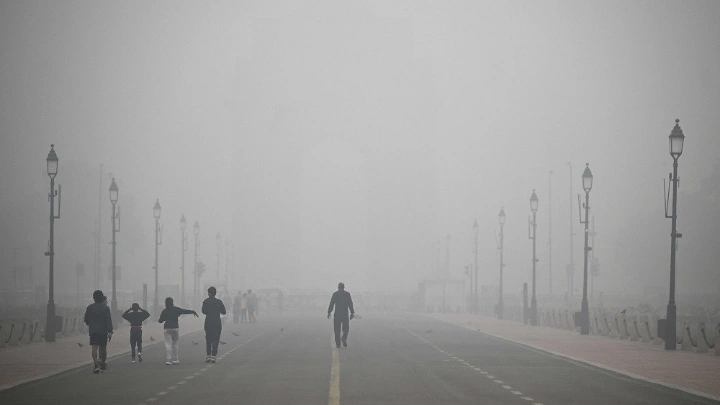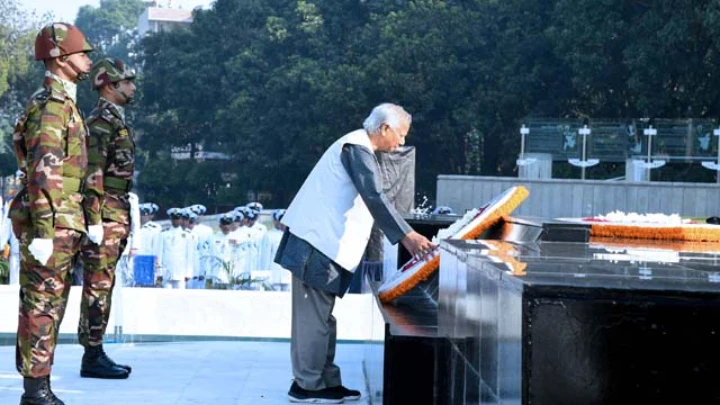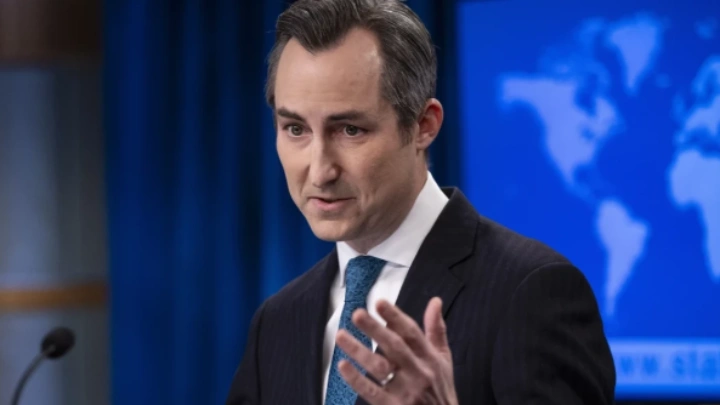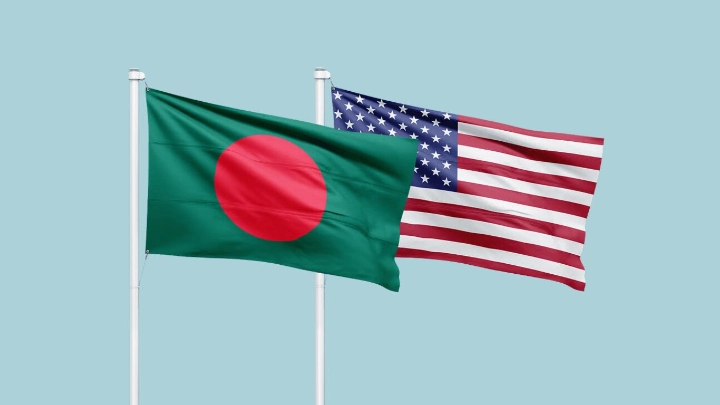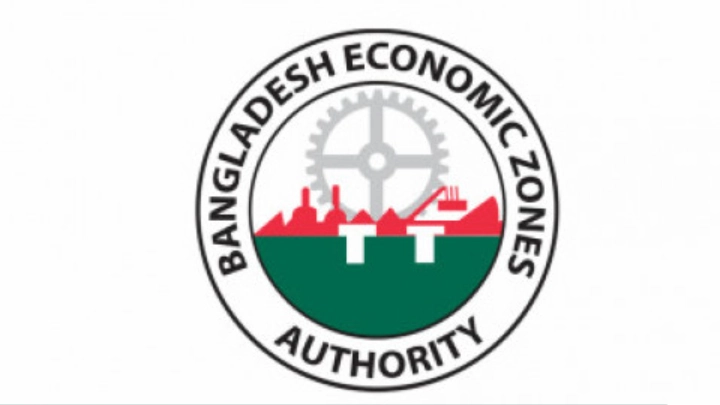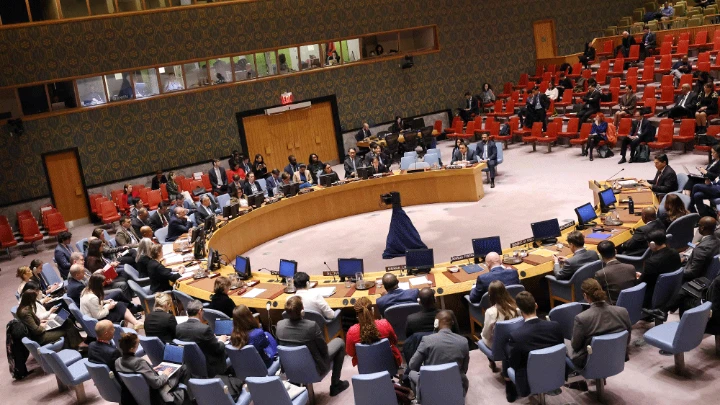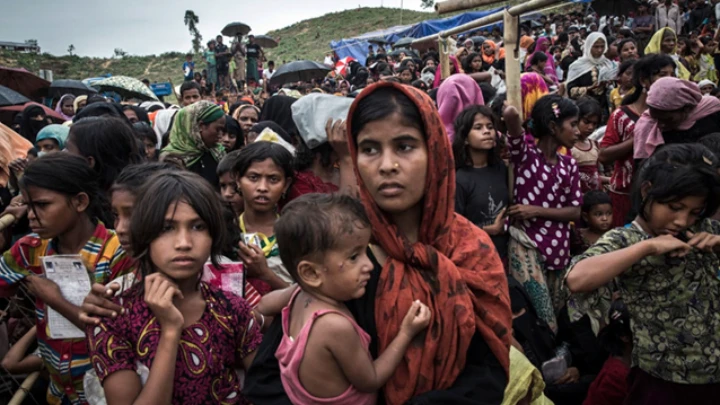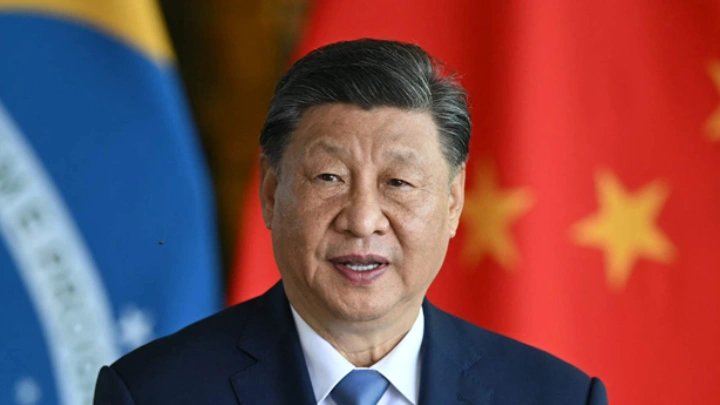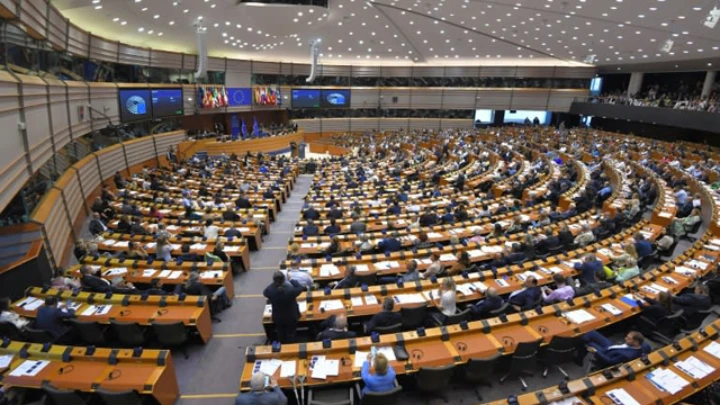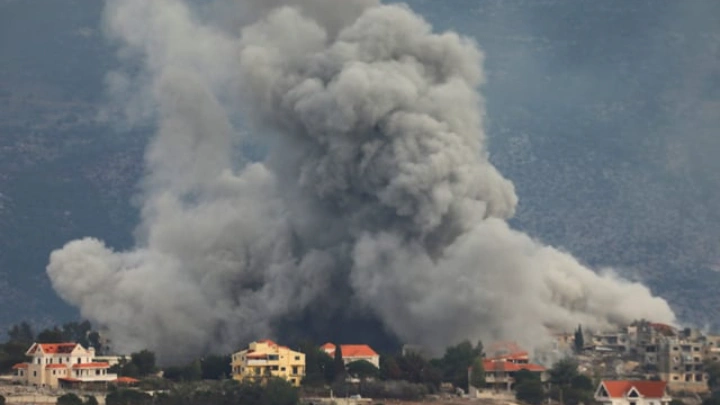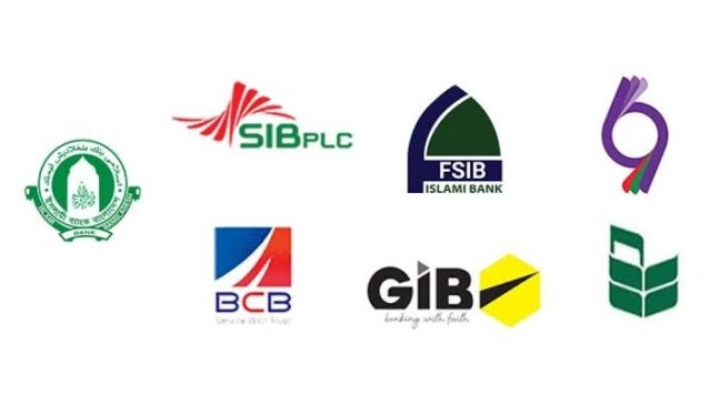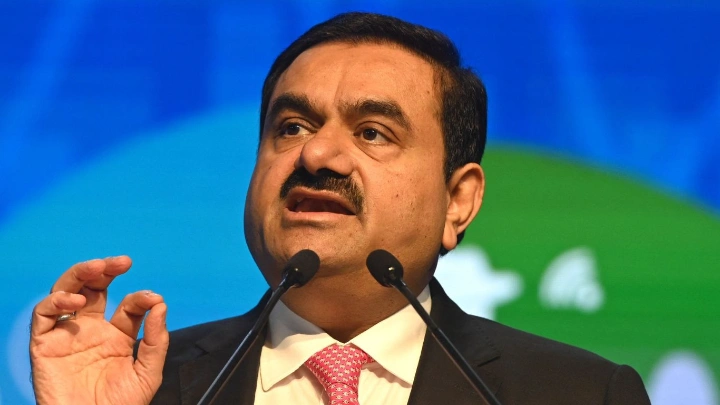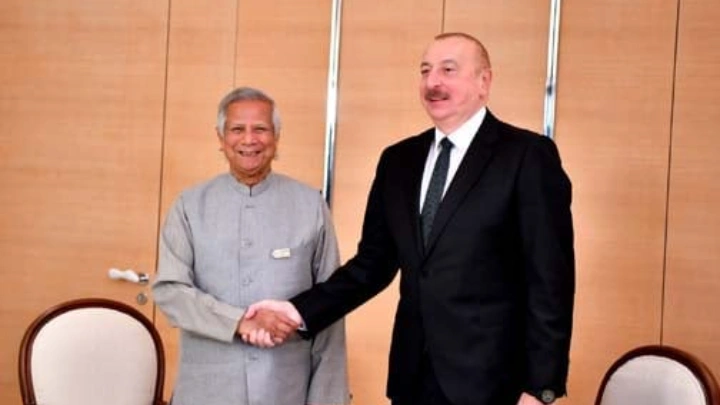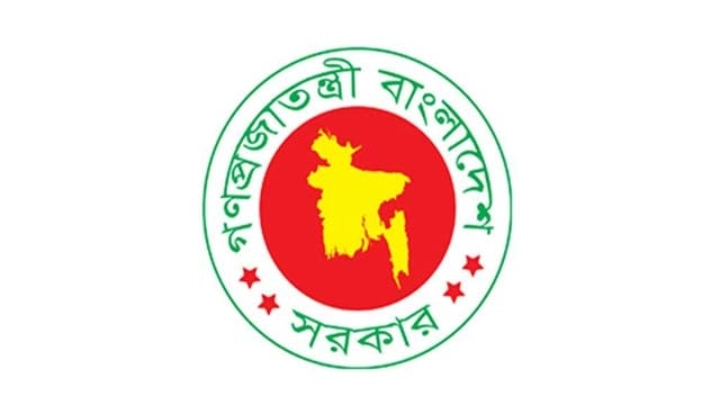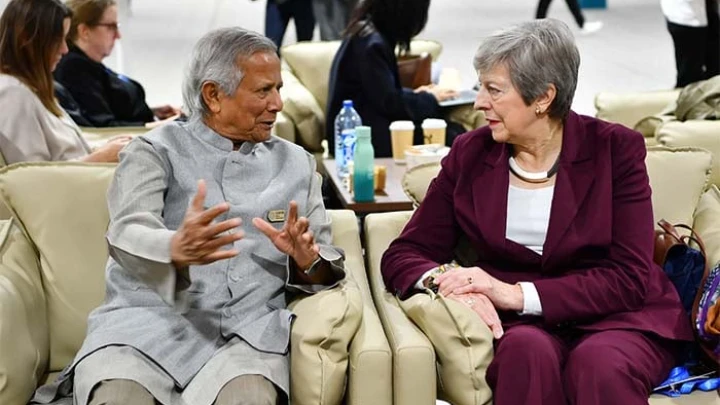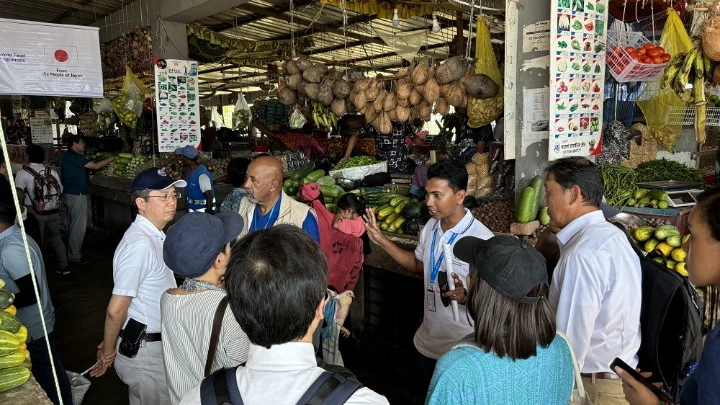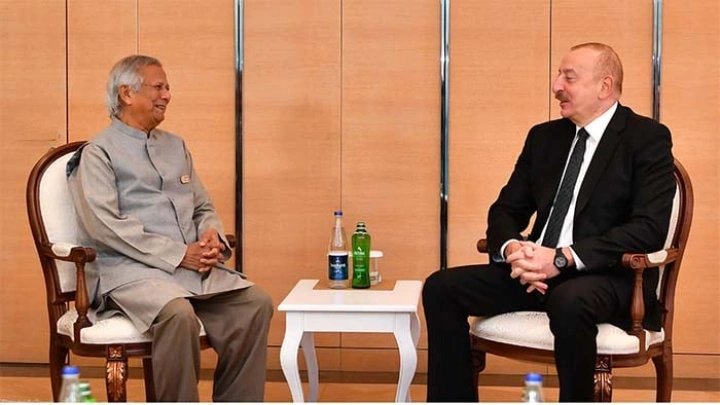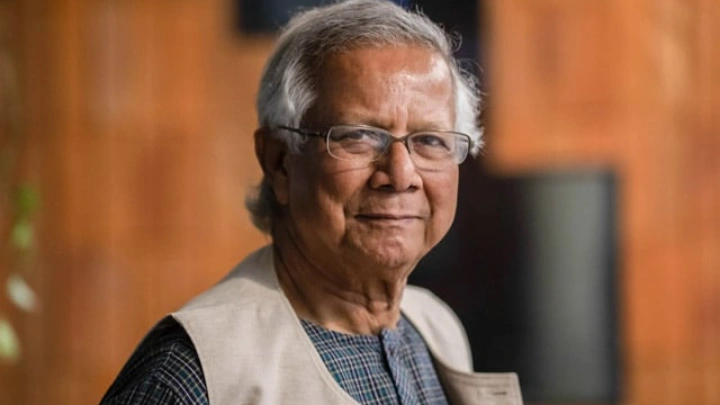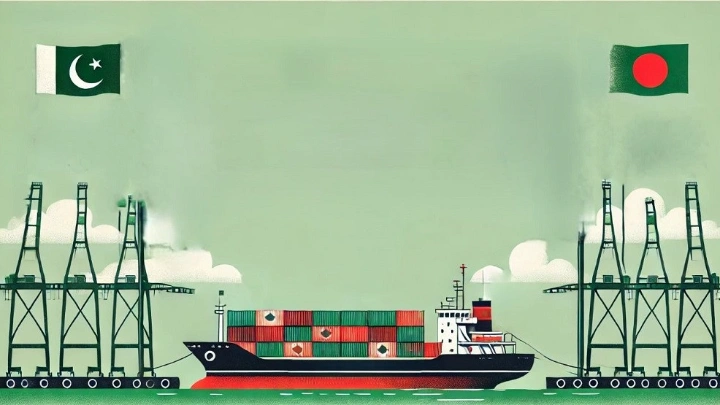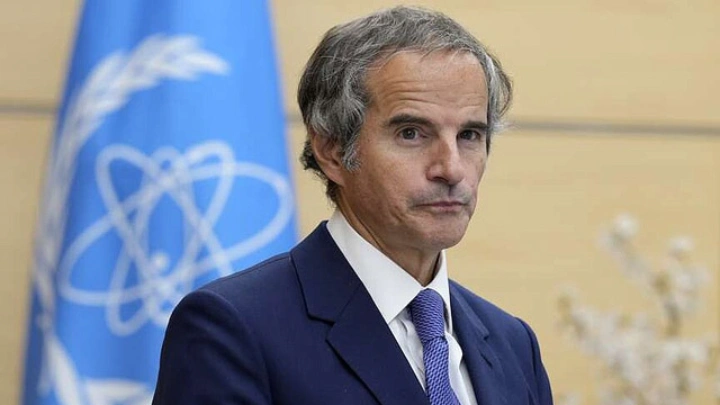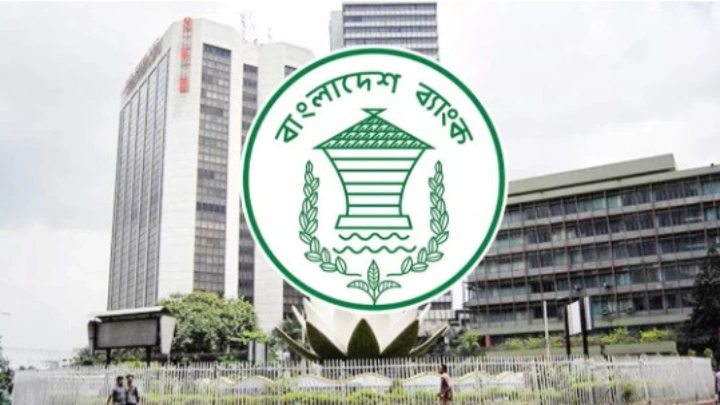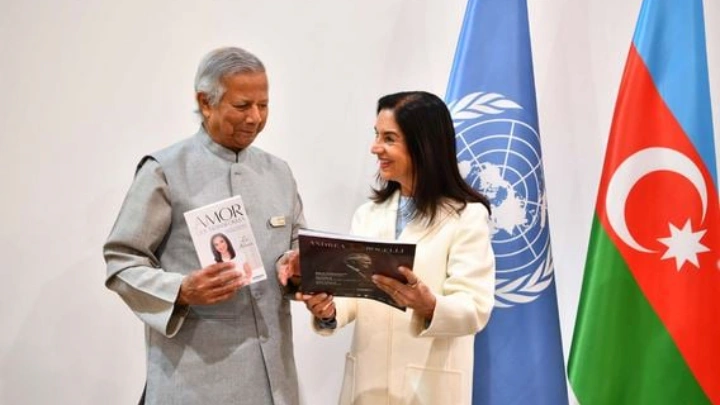Bangladesh calls for climate finance justice at COP29
DhakaTribune || Shining BD
Bangladesh, a frontline nation in the fight against climate change, made an impassioned plea for adequate and quality climate financing during a press conference at COP29 in Baku, Azerbaijan.
Syeda Rizwana Hasan, adviser to the Ministry of Environment, Forest and Climate Change and the Ministry of Water Resources, emphasized the country's dire need for global support to tackle climate challenges.
Highlighting Bangladesh's vulnerability, Rizwana pointed out the alarming shortfall in adaptation funding, citing the 2023 Adaptation Fund Gap Report.
The nation requires $8.5 billion annually for adaptation but faces a $5.5 billion deficit.
She called for immediate action to bridge this gap through external grants, warning that the costs of inaction will only escalate.
Bangladesh's proposal to the global community includes a $1.3 trillion commitment under the New Collective Quantified Goal (NCQG) to support adaptation, mitigation, and loss and damage.
Rizwana advocated for grant-based financing for adaptation and loss and damage, while concessional financing should support mitigation efforts.
She stressed that public financing must remain the primary source, with private sector contributions serving as supplementary.
The adviser also urged that at least 20% of the funding flow through established UNFCCC mechanisms, such as the Green Climate Fund and Adaptation Fund, to ensure transparency and accountability.
She called for a clear definition of climate finance under the Standing Committee on Finance to enhance trust and efficiency.
Expressing frustration over the slow progress in operationalizing the Loss and Damage Fund and setting NCQG targets, Rizwana criticized the lack of urgency from major emitters.
"Existing policies fall short of limiting global warming to 1.5°C. This is a decisive decade for the planet's future," she said.
Bangladesh further called for stronger commitments informed by the Global Stocktake (GST) outcomes, including tripling renewable energy capacity and doubling energy efficiency by 2030.
Rizwana emphasized that Bangladesh could pursue higher renewable energy ambitions if the necessary financial and technical support were provided.
She also urged developed nations to lead in mitigation efforts, fulfill their Article 6 commitments, and avoid shifting the burden onto developing countries.
Pointing to unresolved issues like the Warsaw International Mechanism for Loss and Damage and the stalled Mitigation Work Programme, she called for immediate resolutions to uphold global climate justice.
"Bangladesh’s resilience and ambition are unquestionable, but global solidarity and action are critical for a sustainable future," she said.
Shining BD

